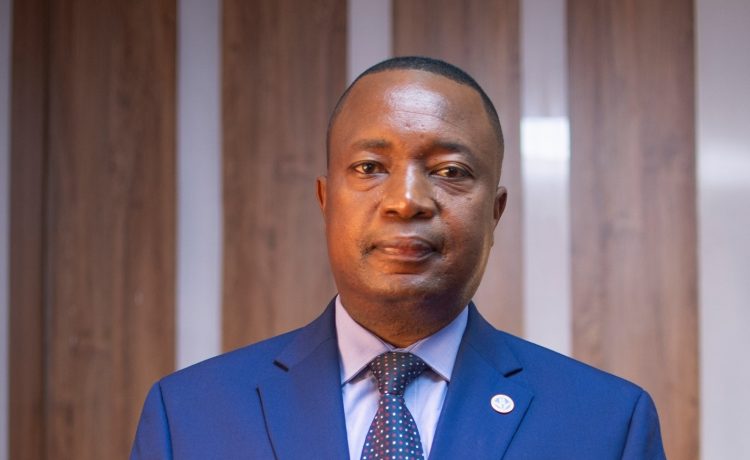In a thunderous legal blow that could rattle the very foundations of his political aspirations, the High Court’s Financial Crimes Division has unceremoniously torpedoed an application by embattled opposition figure and former Reserve Bank of Malawi Governor, Dr. Dalitso Kabambe, who sought a permanent stay of criminal proceedings ahead of the high-stakes September elections.
Kabambe, now the embattled torchbearer of the UTM Party, watched his legal firewall disintegrate as the court dismissed his plea to escape prosecution for a slew of explosive charges—including conspiracy, fraudulent misrepresentation, and money laundering—involving a controversial $350 million Treasury Note transaction with Afreximbank.
The former central bank chief, flanked in the dock by former finance bigwigs Henry Mathanga, Cliff Kenneth Chiunda, and Joseph Mwanamvekha, had clung to a threadbare legal argument: that his actions, while holding the twin roles of RBM Governor and Chairperson of its Board between 2017 and 2020, were carried out in “good faith” and thus cloaked in immunity under Section 15 of the RBM Act and the institution’s own Code of Conduct.
But the court wasn’t buying it.
In a pointed ruling laced with implications, the bench declared that Kabambe’s invocation of institutional immunity was insufficient—a procedural fig leaf that could not justify aborting a trial of such national significance. The court emphasized that immunity, if it exists, must be proven through a rigorous evidentiary process—not presumed at the outset.
Behind the polished legalese lies a raging political storm. Once hailed as a technocratic savior with presidential ambitions, Kabambe’s once-skyrocketing candidacy has sputtered into a tailspin, dogged by the shadow of corruption and mounting donor skepticism. The failed bid to halt his trial is widely seen as a desperate attempt to sanitize his image before Malawians head to the polls.
Critics argue that Kabambe’s courtroom maneuver was less about legal nuance and more about electoral calculus. With the 2025 presidential race heating up and the UTM party scrambling to regain political traction, the court’s decision sends a chilling message: not even the illusion of technocratic innocence can shield you from the long arm of justice.
As the gavel fell, what echoed across Malawi was not just the sound of a rejected application—but the slow unraveling of a political narrative that once promised clean governance wrapped in economic expertise.
For Kabambe, the road to September just got a lot bumpier. And for the nation watching this high-wire political spectacle unfold, the message is unmistakable: no title, no tenure, and no party badge can outrun accountability.













